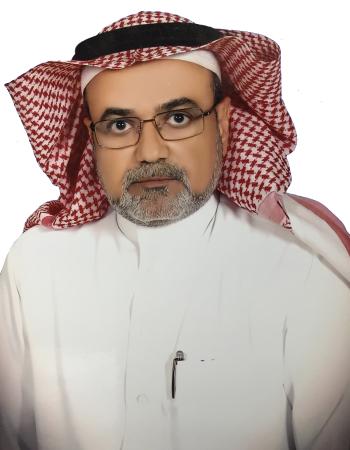|
Course Description
|
|
BCH 555 : Experimental Techniques in Molecular Biology
Isolation of DNA from virus and E. coli by sedimentation and Marmur extraction. DNA characterization and instability studies. RNA isolation and its secondary structure.Mapping of DNA using restriction endonucleases. mRNA and its translation. Hybridization kinetics (DNA labeling).mRNA and its translation.
|
|
BCH 560 : Biochemical Endocrinology
Central nervous system, endocrine glands, target tissues. The hormones of the pituitary
gland, adrenal cortex, adrenal medulla, pancreas, thyroid gland, parathyroid glands and
gonads: biosynthesis, releasing factors, effects, degradation and elimination,
disorders of metabolism and assays. Prostaglandins and thromboxins.
|
|
BCH 577 : Biochemistry of Blood
Review of blood composition. Erythrocyte, leucocytes and platelet composition and metabolism. Hemoglobin and porphyrin metabolism. Metabolism of iron and its storage disorders. Factors affecting blood clotting mechanism. Inherited disorders of hemoglobin (e.g. hemoglobinopathies, porphyrias, sickle cell anemia). Bilirubin metabolism. Hyperbilirubinaemia.
|
|
BCH 596 : Preparation of Master Research Proposal
This course will focus in designing and writing up the master research proposal. To present and justify the need to study a research problem and to present the practical ways in which the proposed study should be conducted. The students will be assisted to articulate research topic. In addition to providing a rationale, a proposal describes detailed methodology for conducting the research consistent with requirements of the professional or academic field and a statement on expected outcomes and the benefits resulting from the study's completion.
|
BCH 600 : Dissertation
This course is designed to train postgraduate students and provide a forum for the postgraduate students to conduct research and defend their results. Therefore, this course involves developing and applying high research and laboratory skills such:
-
Identify a problem and pose relevant questions.
-
Write a research proposal
-
Research background material. Read about their topic in books and in scientific publications
-
Design experiments, perform biochemical research independently.
-
Processing, interpreting and use the appropriate statistical methods to analyses data.
-
Discuss data results and make conclusions.
-
Prepare a research thesis
-
Make effective oral and written presentations and defend the thesis against the committee members.
-
Write a scientific paper.
-
Attend and present the research data in local and global scientific meeting
|
|
BCH 477 : Immunochemistry
The fundamental aspect of innate and adaptive immunity. Humoral immunity: antibodies: classes and subclasses, structure and function, biosynthesis, reaction with antigen. Complement system. T-lymphocytes and cell mediate immunity. Human HLA antigens and transplation immunity; immunosuppression; hypersensitivity; autoimmunity; vaccination. Disorders; of the immuno deficiency. Immunochemistry techniques.
|
|
BCH 496: Field Training in Biochemistry
This course is field training practical course given in the 8th semester in collaboration with Biomedical Laboratories in hospitals, pharmaceutical and food companies. The course aims to practice students on various biochemical techniques and their applications in clinical and diagnostic laboratories, chemical and pharmaceutical companies and food industries, and the foundations in methodologies. This training course is designed to complement what was studied in our curriculum e.g. blood biochemistry, body fluids, biomarkers, immunology, metabolism, endocrinology and molecular biology. At the end of the course, students will prepare and present their finding as a report. The students’ progress will be evaluated by both internal and external supervisor.
|
|
BCH 101 : General Biochemistry
Cell structure and organelle function. Biological buffers. Amino acids. Peptides. Proteins. Enzymes. Carbohydrates. Lipids. Metabolism of carbohydrates. Metabolism of lipids. Metabolism of proteins. Nucleic acid. Hormones. Vitamins. Biochemistry of blood.
|
|
BCH 473 : Biomarkers in health and diseases
Definition of biomarkers and their general use a measure of tissue function. Significance and measurement of biomarkers associated with liver, kidney, & heart functions.Common biomarkers associated with gastrointestinal, cardiovascular, and neurological diseases and dysfunctions, as well as other clinically useful biomarkers.
|

